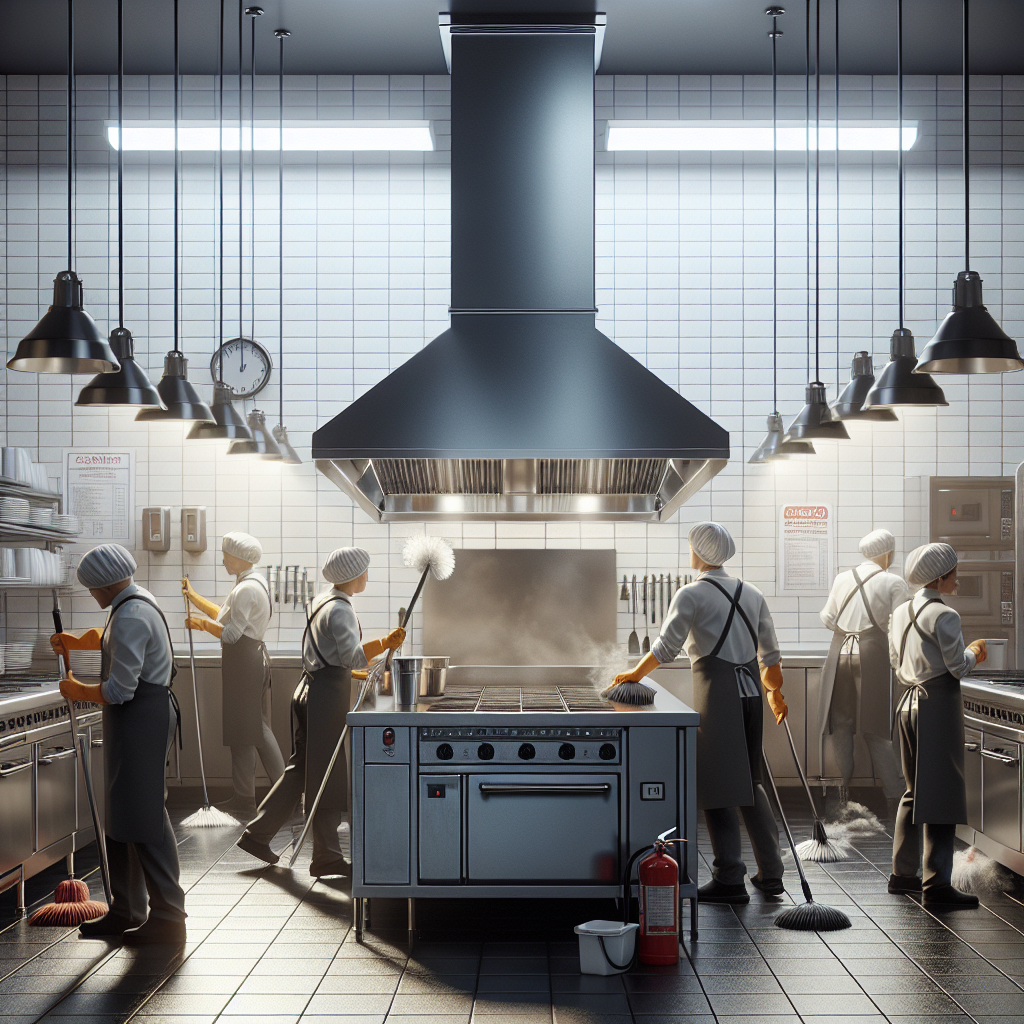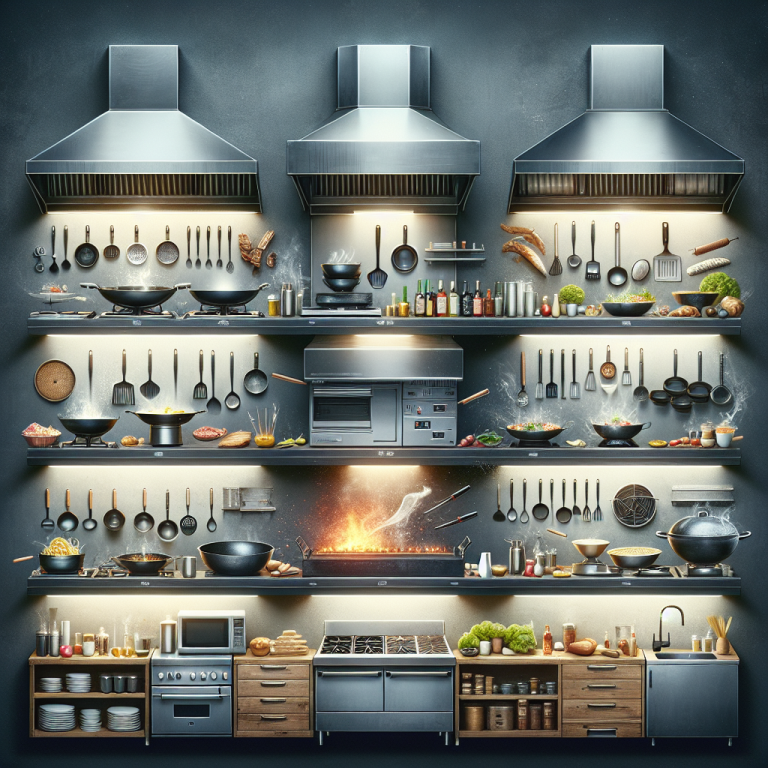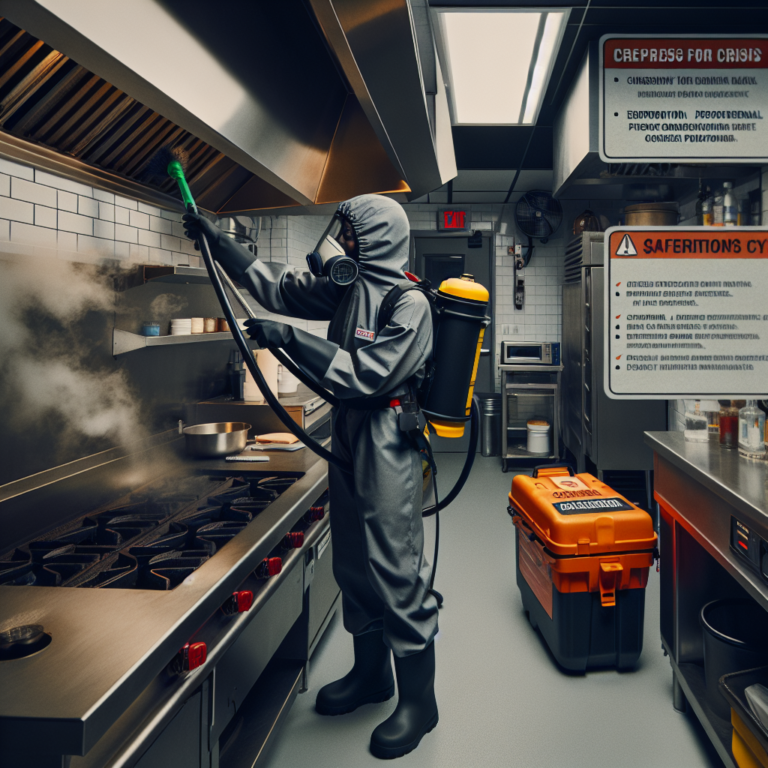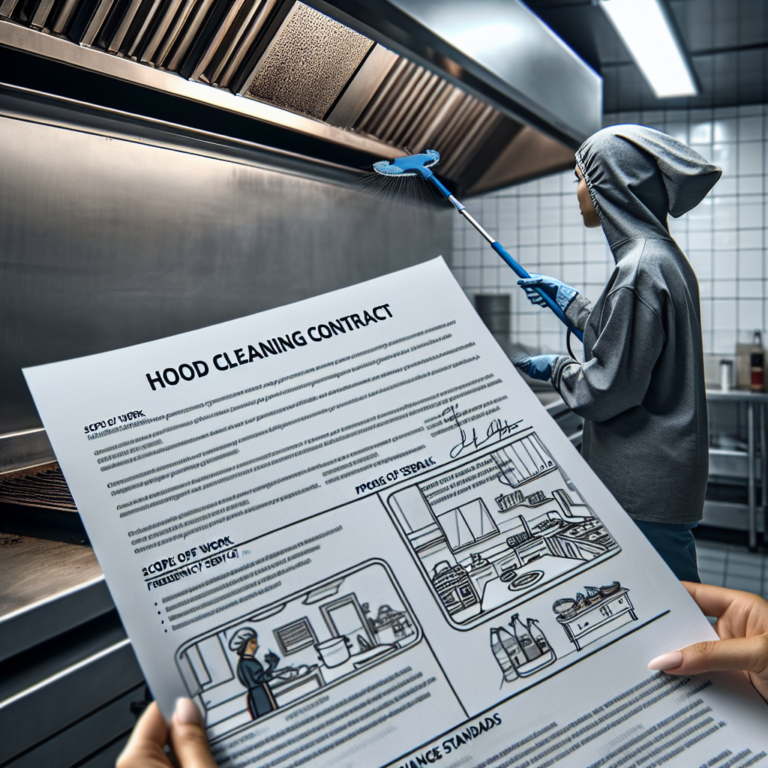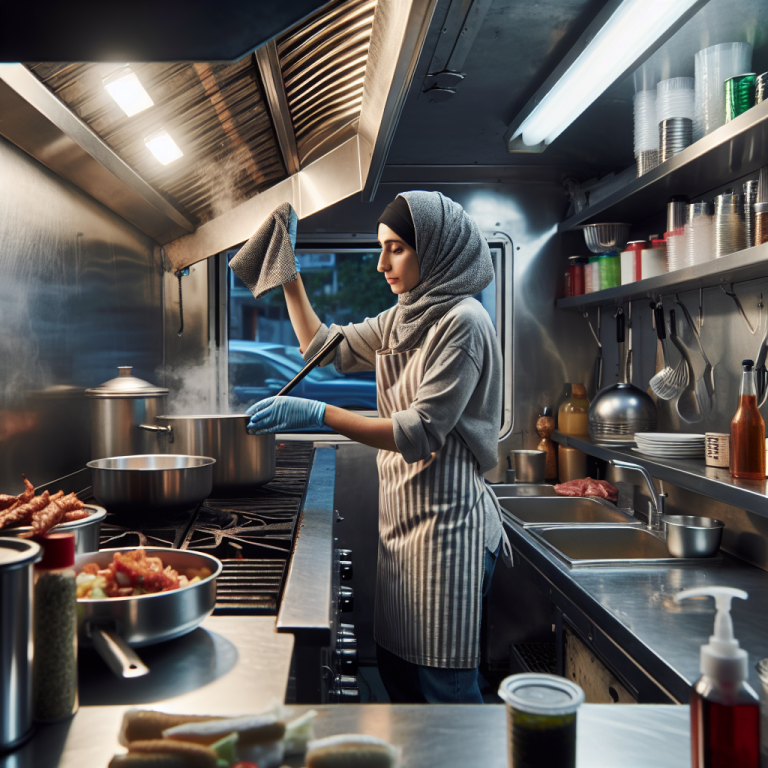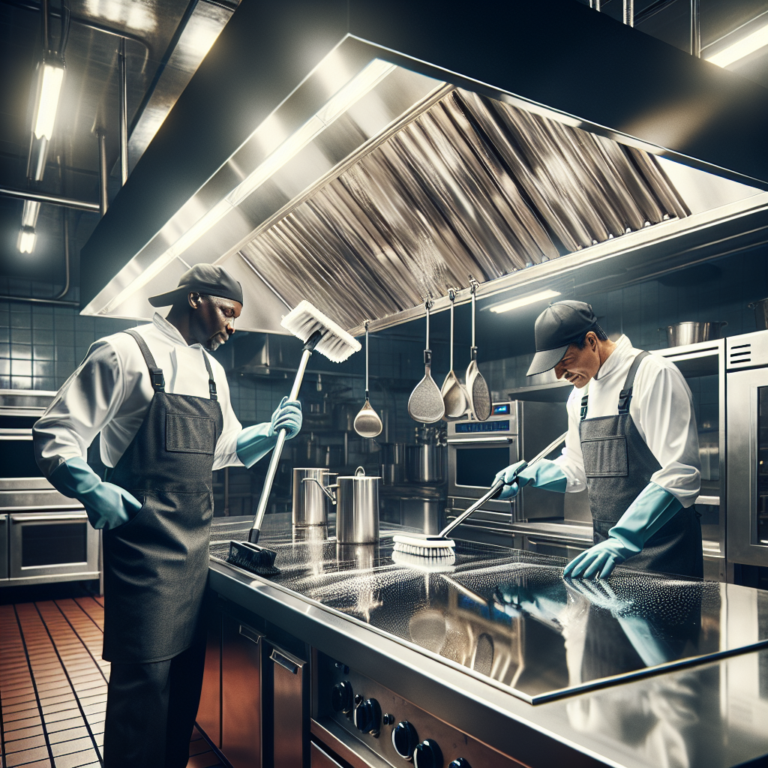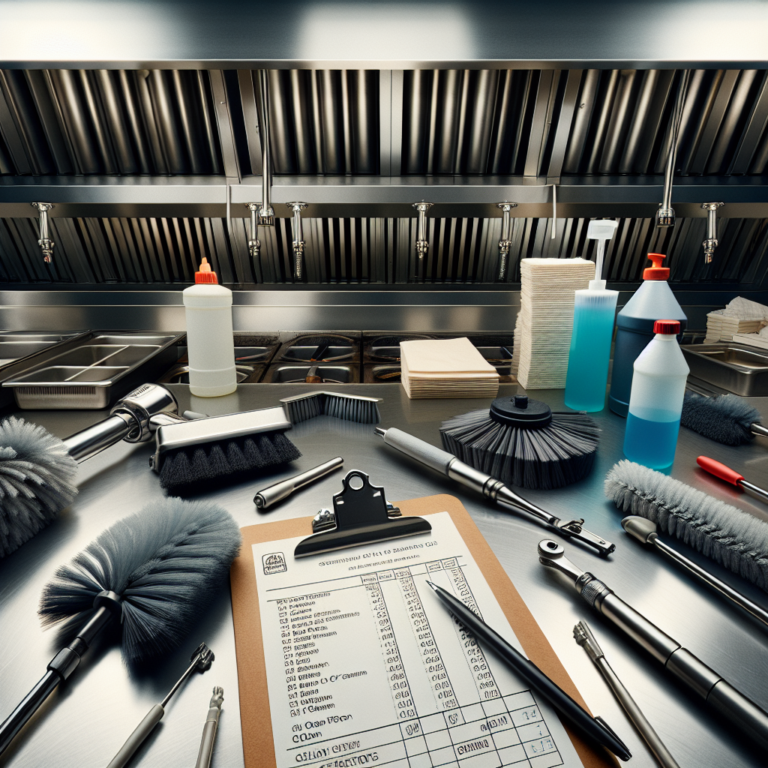Ensuring Fire Safety with Proper Hood Cleaning Compliance
Understanding Fire Safety Regulations for Hood Cleaning
Fire safety is a critical concern in any commercial kitchen. One of the most significant contributors to kitchen fires is the buildup of grease and debris in exhaust systems. This is where hood cleaning becomes not just a maintenance task but also a legal and safety requirement. In this post, we will explore the fire safety regulations surrounding restaurant hood cleaning and discuss how businesses can stay compliant.
The Importance of Regular Hood Cleaning
Hood cleaning is essential for preventing fire hazards in commercial kitchens. Grease is a highly flammable substance, and when it accumulates in exhaust hoods, ducts, and other ventilation mechanisms, it becomes a ticking time bomb waiting to ignite. Regular commercial kitchen hood cleaning reduces this risk by ensuring that these surfaces are free from grease buildup.
Fire Safety Regulations You Need to Know
The National Fire Protection Association (NFPA) establishes guidelines that serve as the gold standard for fire safety in the United States. Specifically, the NFPA 96 is the recognized standard for ventilation control and fire protection of commercial cooking operations. Here are some key points from the NFPA 96 that pertain to exhaust hood cleaning:
- Frequency: The NFPA 96 outlines how often exhaust hood cleaning should occur, which varies based on cooking operations. For example, high-volume fast-food establishments might require monthly cleaning, while low-volume kitchens need semi-annual cleaning.
- Documentation: All cleanings must be documented with a written report, and businesses must keep these records available for inspection for at least three years.
- Certified Technicians: The cleaning must be performed by qualified personnel to ensure adherence to NFPA guidelines. This generally means hiring certified hood cleaning professionals.
- Inspection: Regular inspections are as critical as cleanings. These inspections help identify potential issues and ensure that the hood system operates effectively.
How to Ensure Compliance
To ensure compliance with fire safety regulations in Indianapolis IN, restaurants and other commercial kitchens must adopt a proactive approach. Here are steps businesses can take to stay compliant:
Create a Maintenance Schedule
Every restaurant should develop a restaurant hood cleaning schedule based on NFPA 96 guidelines. This schedule should be made available to all kitchen staff, with reminders set up to ensure timely cleanings. Automating reminders for inspections and cleanings helps in keeping the system efficient.
Hire Certified Professionals
For Indianapolis Hood Cleaning, it’s crucial to hire certified and experienced technicians. These professionals not only perform thorough cleanings but also ensure compliance with all applicable codes. They will also offer documentation to attest to the work performed.
Train Your Staff
Proper training for kitchen staff is key to maintaining a clean and safe environment. Staff should be educated on daily cleaning responsibilities and the critical importance of hood cleaning. They should be informed about signs of potential issues with the exhaust system so they can report them promptly.
Conduct Regular Inspections
In addition to scheduled cleanings, regular inspections should be part of the routine to identify any maintenance needs or compliance issues early. Inspections can highlight problems that might lead to a fire hazard, allowing businesses to address them before they become significant safety concerns.
Keep Records
Documentation is not just a regulatory requirement but also a management tool. Keeping detailed records of inspections, cleanings, and maintenance helps demonstrate compliance and can be invaluable if a compliance question arises.
Benefits of Proper Hood Cleaning
Beyond compliance, regular exhaust hood cleaning offers several benefits:
- Fire Safety: First and foremost, it reduces fire risks associated with grease buildup.
- Efficiency: Clean exhaust systems operate more efficiently, improving air quality in the kitchen and reducing strain on HVAC systems.
- Longevity of Equipment: Regular cleaning can extend the life of exhaust systems by preventing damage caused by grease and grime.
- Health Compliance: Clean hoods reduce airborne contaminants, aligning with health regulations and promoting a healthier environment.
Conclusion
In conclusion, understanding and complying with fire safety regulations is not just a matter of legal responsibility but also a commitment to safety and efficiency in your commercial kitchen. By following NFPA guidelines and ensuring regular cleaning and maintenance, businesses in Indianapolis IN can avoid potential fines and, more importantly, keep their employees and customers safe. For top-notch Indianapolis Hood Cleaning, ensure you choose certified and experienced professionals who will keep your operations compliant and running smoothly.

